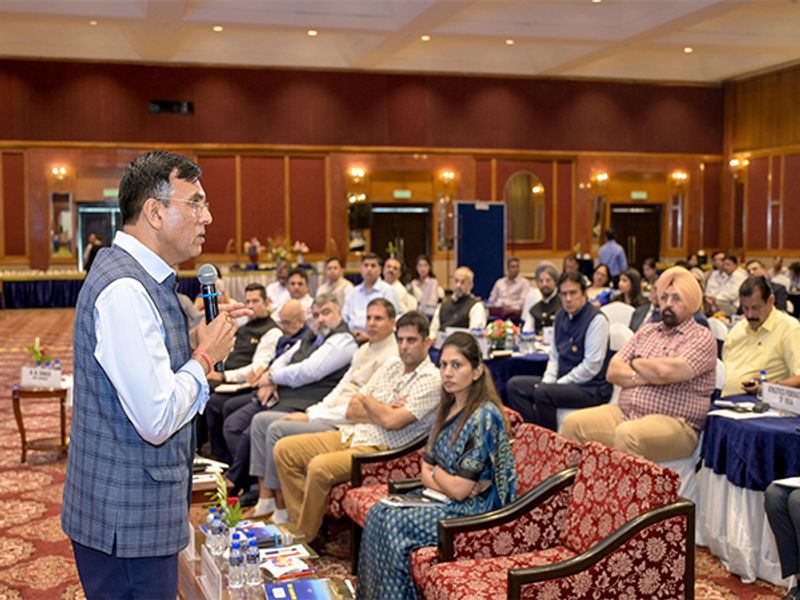
Follow WOWNEWS 24x7 on:
Updated: July 18, 2025 00:40

Losing a grandparent is emotionally difficult, and navigating asset distribution during this time can be legally complex. Whether your grandfather left a will or not, Indian families must follow a structured process to ensure fair and lawful division of property.
Essential Steps To Begin The Process
1. Locate The Will
- If a registered will exists, the named executor must apply for probate through the local court
- Probate legally validates the will and allows asset distribution as per the deceased’s wishes
2. If There Is No Will
- The estate is considered intestate and governed by personal succession laws: Hindu Succession Act, Muslim Personal Law, or Indian Succession Act
- Class I heirs (children, spouse, mother) are prioritized in Hindu law
3. Obtain A Legal Heir Certificate
- Required for claiming bank deposits, insurance, pension, and transferring property titles
- Can be obtained from the revenue department or district court
4. Divide Movable And Immovable Assets
- Movable assets like cash, shares, and gold are easier to split
- Immovable assets require mutation of land records, new title deeds, and possibly a partition deed
5. Settle Outstanding Dues
- Pay off loans, taxes, and utility bills before distribution
- Ensure income tax filings and liabilities are cleared to avoid future legal issues
6. Maintain Transparency And Respect
- Keep detailed records, communicate openly with family, and seek legal advice when needed
- Honoring the legacy involves both legal compliance and emotional sensitivity
Sources: Moneycontrol, Livemint, IndiaFilings, EzyLegal, Economic Times.




